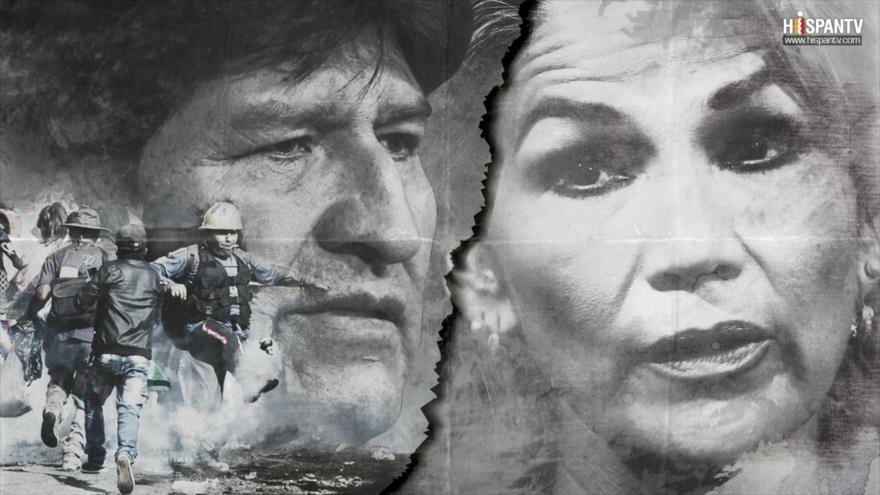RIO DE JANEIRO, BRAZIL – A Bolivian Prosecutor’s Office ordered this Friday the arrest of the ex-interim president of the Andean country, Jeanine Áñez, in the case investigating the alleged coup against Evo Morales in November 2019.
The measure extends to 5 of her ministers, one of whom has already been arrested in the region of Beni, the ex-holder of the Energy portfolio, Rodrigo Guzmán.

Arturo Murillo (Minister of Government), Yerko Nuñez (Public Works, Services and Housing, and Presidency), Luis Fernando López (Defense) and Álvaro Coimbra (Justice) are the other ministers included in the order, as well as former members of the military high command such as Admiral Palmiro Jarjuri, Jorge Gonzalo Terceros and Gonzalo Mendieta.
“The political persecution has begun. The MAS has decided to revert to the dictatorship ways. A shame because Bolivia does not need dictators, it needs freedom and solutions,” Áñez said on Twitter, where she also posted the accusation against her.
Carlos Mesa, ex-president and presidential candidate in the 2020 elections, commented along the same lines. Also through his networks he said that the country is “undergoing a process of political persecution worse than in dictatorships.”
“It is enforced against those who defended democracy and freedom in 2019. The ‘masista’ judiciary and prosecution are the executioner’s gavel. The perpetrators of fraud, amnestied themselves and pretend to be victims,” he said.
The case accuses the ex-officials of the crimes of terrorism, sedition and conspiracy. These are virtually the same crimes that, during their time in power, the then officials attributed to Evo Morales and for which the arrest of the ex-president was ordered in December 2019.
However, by the time the warrant was issued – in December 2019 – Morales was already settled in Argentina, whose authorities claimed that he enjoyed “refugee status” and that they would not grant his extradition.
The measure was revoked in October 2020, a week after Luis Arce, Morales’s protégé, won the presidential elections in the Andean country by a wide margin. However, at that time the judge in the case clarified that this did not imply that the investigation had stopped.
Since his resignation from the presidency, Morales has always claimed that he had been the victim of a coup. These events occurred following a report by the Organization of American States (OAS) asserting that irregularities had been committed in the electoral process held in October, which unleashed a wave of protests against the president.
Source: infobae

